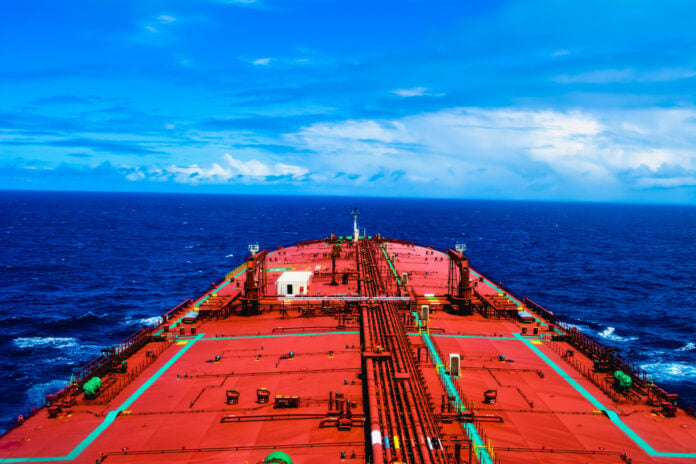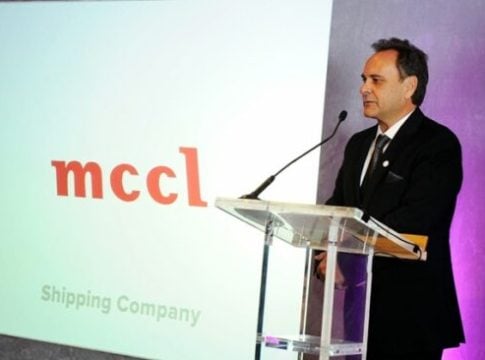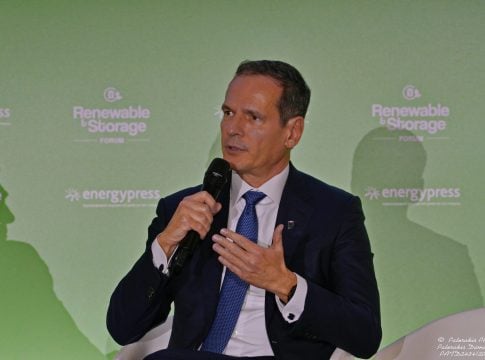Supertankers, which can carry 300,000 tons of crude oil, are expected to attract the investment interest in 2024.
According to the Poten & Partners analysis, the so-called Very Large Crude Carriers (VLCCs), although they are the most efficient tankers for the transport of crude, have an extremely low orderbook.
As analysts pointed out, the large investors in the VLCC sector are looking at an extremely low order book and according to Poten they believe that the market needs more “than a handful of deliveries” of VLCCs each year.
“Only a few high-profile owners take the first step, we expect others to follow. We forecast the VLCC order book to more than double in 2024,” Poten noted.
As of 2023, Dynacom has made six orders for VLCCs, while it already has 17, and the latest reports from brokers suggest it is eyeing the market for available berths.
According to the same reports, Maran Tankers, which also has one of the largest fleets of VLCCs (according to the data, it has 33, of which it received four in 2023), is looking for berths. In fact, the Greek-flagged tanker “Antonis I. Angelicoussis”, delivered in 2023, was the first dual-fuel LNG VLCC.
Tradewinds said in a recent report that both Norwegian John Fredriksen and Capital Maritime have signed letters of intent to build four and six VLCCs respectively.
It should be noted that, according to Poten’s figures, on January 1, 2024 the VLC order book stood at 23 vessels or 2.6% of the fleet. The corresponding order books for other tanker types are 9.9% for Suezmaxes and 12.7% for Aframaxes/LR2.
The low order book has several explanations. The revenues of VLCCs collapsed after the first period of the pandemic, when they were also chartered for floating storage.
Unlike Suezmaxes and Aframaxes, VLCCs have not received a significant boost from trade flow disruptions following the Russian invasion of Ukraine in 2022.
Also, the current Red Sea crisis has so far had less of an impact on VLCCs than smaller tankers.
“However, we believe that the situation will change this year. VLCCs are still the most cost-effective long-haul crude oil tankers and their prices have seen a strong recovery in 2023,” Poten noted, adding: “The lower interest in orders for containerships and LNG carriers has opened positions in the shipyards, although mainly from 2027 onwards.”















